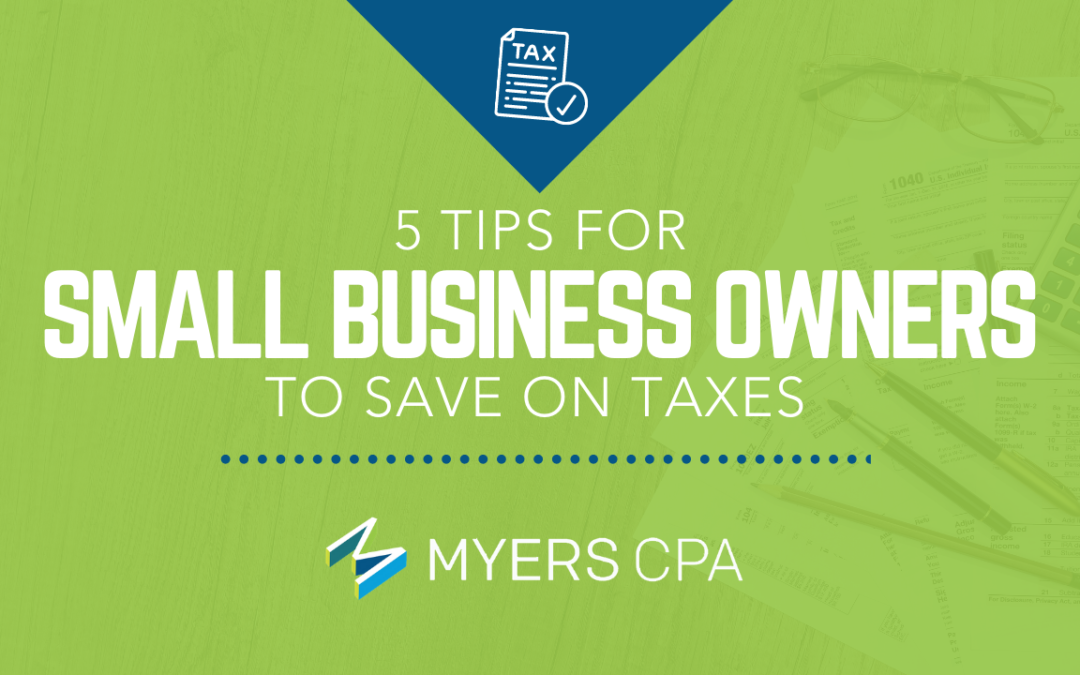While many large corporations have tax strategists and tax attorneys that solely focus on creating savings for that company, many small businesses end up overpaying on their taxes by missing out on deductions, incentives, and opportunities to realize tax efficiencies. Considering the U.S. tax code is approximately 70,000 pages long, it’s understandable that small business owners may not have time to figure out all of the aspects that apply to them., and how recent tax law changes further impact those.
We wanted to make this a little easier for you, so here are five tips to reduce taxable income for small businesses.
Setup your retirement savings plans
It is fairly easy to set up a simple small business retirement plan, and often a payroll provider or bookkeeper will be able to help set it up for you, complete with all of the compliance documentation and platform for employee elections and monitoring already set up.
What’s more, an employee-sponsored 401(k) or a similar tax-deferred retirement plan allows employees to make tax-deductible contributions to save for their future, while in many cases, reducing the businesses taxable income due to the deferred nature of the savings accounts. The savings accounts have the dual purpose of allowing employees to save, while giving them the flexibility to add more to their savings plan if they would like to reduce their taxable income to fall into a lower tax bracket. All of this is subject to the unique circumstances of your business and employees, so we advise speaking with a CPA or tax professional.
Fringe employee benefits plans
Adding more income for your staff may push both them and you into higher tax obligations, resulting in an outsized cost for adding just a little in salary. To avoid this, examine whether you can offer non-taxed fringe benefits that do not count against your small businesses taxes, and reduce the costs to your staff while adding value for them. Here are some examples of what can be included:
- Employer-sponsored health insurance
- Long-term care insurance
- Group term life insurance
- Disability insurance
- Educational assistance
- Dependent care assistance
- Transportation benefits
- Meals provided for employee convenience
For more information on fringe benefits plans, you can review the IRS Employer’s Guide to Fringe Benefits.
Abandoning v. selling
When the business has property that is no longer functioning, or of value to the business, consider abandoning it versus selling the property. Talk to your accountant about the benefits of abandoning it rather than selling for a small amount. Doing so could allow the business to take an ordinary loss on the property, which is fully deductible, rather than treating the loss as a capital loss, which creates limitations.
Loan yourself money for extra income
Your salary, bonuses, and business profit distributions are all taxable events. So what happens if a business owner finds themselves in need of funds for survival given the supply chain shortage and COVID related shortfalls? Instead of paying an increased salary or bonus that will include significant tax, think about:
- Making a larger contribution to your retirement savings plan that you can then make a loan off of, or
- Have the business loan you fund on a no- or low-interest basis. If the loan interest is below the IRS set-rates (also known as the Applicable Federal Rates), the business may have to report interest from the arrangement – however with current interest rates being at a minimum, this should not be an issue.
You may then be able to offset or reconcile that loan with prior personal contributions or several additional ways in which you the owner creates value for the company.
Use an accountable plan for reimbursements
If your business is reimbursing employees for travel, entertainment, equipment, tools, or other costs or expenses, you might think about doing so using an accountable plan. With this plan, the business deducts the expenses but does not report the reimbursements as income to employees, potentially saving the company employment taxes and lowering taxable income overall.
When it comes to your business taxes, it is important to dedicate the time to partnering with a tax professional so that you can figure out how to best navigate your business tax obligations. Taxes can be the largest expense your business pays, so we at Myers CPA try to help you navigate what you are responsible for, and what you ultimately do not have to pay. When every dollar counts, we can help make sure each dollar goes as far as possible. Reach out to us at https://myerscpakc.com/ or give us a call at 913.901.6879 for more information on what you should be aware of for your business.

